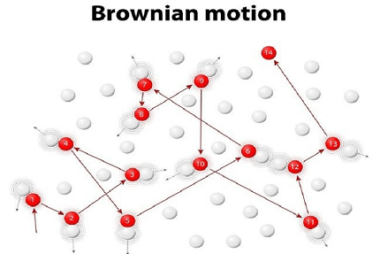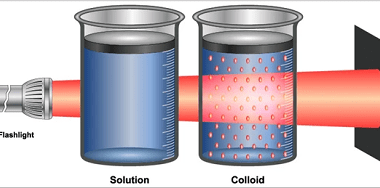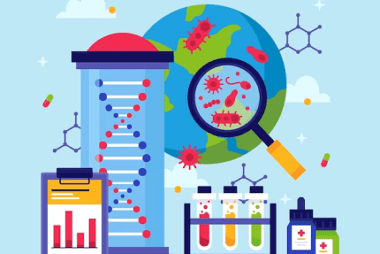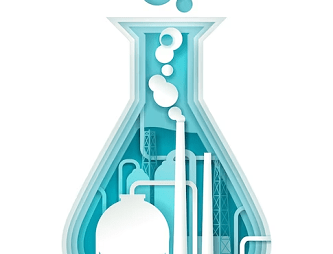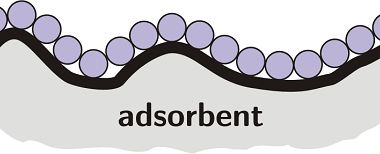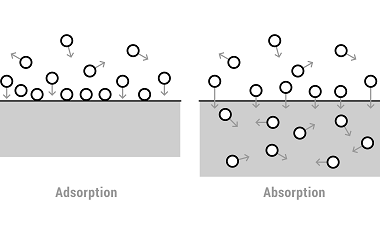Crash Course AIIMS-SYLLABUS Chemistry syllabus Brownian movement
Brownian movement Brownian movement, also known as Brownian motion, refers to the random motion of particles suspended in a fluid (liquid or gas). It was named after the Scottish botanist Robert Brown, who first observed the phenomenon in 1827. The motion occurs due to the continuous and random collisions between the suspended particles and the…
